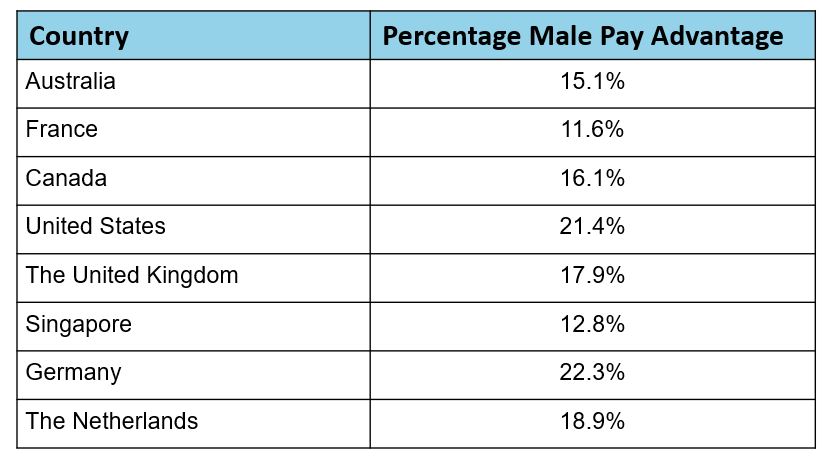Equality is an important value for me.
When I find myself holding a position tightly or coming out fighting it is usually because I feel that the value I hold is being squashed. Of course, that’s not always the case and in those scenarios, I almost always feel it is, until I take a step back, breathe and assess.
I’ve learnt over the years that holding a value too tightly can result in a hypersensitivity tipping us into a judgemental space. Which is less constructive or helpful resulting in missed opportunities for understanding others, recognising alignment and for noticing and appreciating the rich diversity that surrounds us.
I’m clear about my values. What I value drives me to stand for what is important, in my world, the world of my making. The one I contribute to daily by action or inaction. By my mistakes and by my successes. And I learn something new each time.
I care passionately about supporting the achievement of gender equity in our world, in our families, our teams, organisations and our world.
I care about all voices in our systems being heard and respected, even when disagreed with. We need to create space in our cultures for the voices that don’t follow the group, the norms and popular thinking to be expressed and heard.
We do not have to agree, we can challenge them, however, to ignore them comes at a high price.
To live this in practice every day takes effort, effort to see our blind spots, effort to be compassionate towards ourselves and others and effort to challenge and change the ingrained habits of our minds, hearts, behaviours and actions.
The first place to start is to take time to discover and examine our values. Try this.
- Write down everything you want in life. Do this quickly without thinking about it too deeply.
- Write down your values (aim for 10)
- Look at both lists and order them from 1 (not important) to 10 (very important)
- Look at the top 5 things you want in life, and your top 5 values. Notice if there is any conflict between what you want and what you value. If yes, what needs to be reassessed?.
- Think back over the past 3 months. What have you been valuing? When I run this exercise with clients, a jolting realisation is that what they are often valuing is in conflict with their deeper values. For Henrick, he realised he was valuing drama which was creating conflict in his life. For Sumira, she realised she was valuing competition to such an extreme that she alienated her work colleagues.
Another step we can take is to become aware of the inequity in our systems. Here are two that I care about.
The Gender Pay Gap
The gender pay gap is the gap that sits between men and women’s average weekly salary. Globally, whilst improving, the gap is still too wide so let’s not pop the champagne corks yet!
Glassdoor, a review site that has been comparing data on the gender pay gap since 2016 share the following in their report ‘The Gender Pay Gap 2019’ report on these 8 Countries.

(Source: The World Economic Forum)
The Parental Leave Gap
How many men do you know that would love to spend more time with their children, however, family structure and financial constraints make this impossible to contemplate?
Adding to this is the stigma that is still associated with men taking parental leave.
Jodi Geddes, Co-Founder of Circle In, a workplace parental-engagement platform shared “If we want to reduce the gender pay gap and see more women in senior leadership roles, then we believe it all starts with getting parental leave right. In fact, our latest research showed that 77 per cent of parents believe that a parental leave policy is the most effective way to achieve Australia’s female participation workforce target as opposed to other options.”
Alexis Ohanian, Co-founder of Reddit has become a vocal advocate of equal parental leave. Read the interview in the Oprah Magazine
To achieve Wellbeing Equity we need to support both men and women to live healthy sustainable lives where families and careers can be nurtured in harmony. This requires organisations to make systemic changes in both structures (equal paid parental leave) and culture (normalising parental leave for men). This is achievable with the Nordic countries leading the way. ‘In 1993, Norway took an additional step and created a daddy quota by earmarking some weeks of the allotted parental leave period for the father. If the fathers do not use the quota, the family loses the weeks reserved for them. Since then, all Nordic countries have experience with daddy quotas’.
(Source: NIKKI Nordic Information on Gender)
How would the lens of Gender Equity impact the conversations you have at work and at home?
I’d love to hear your thoughts, please comment below.


